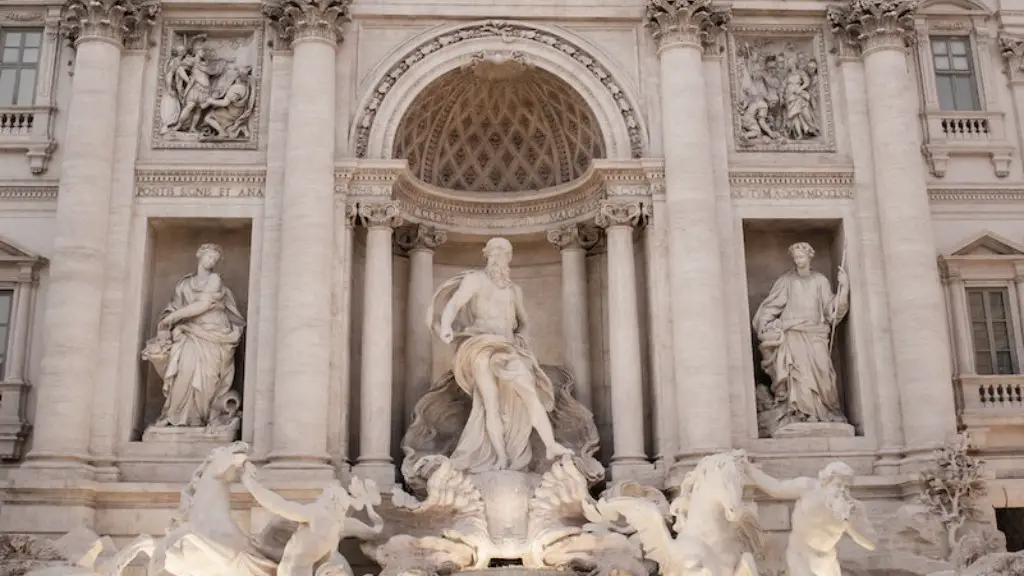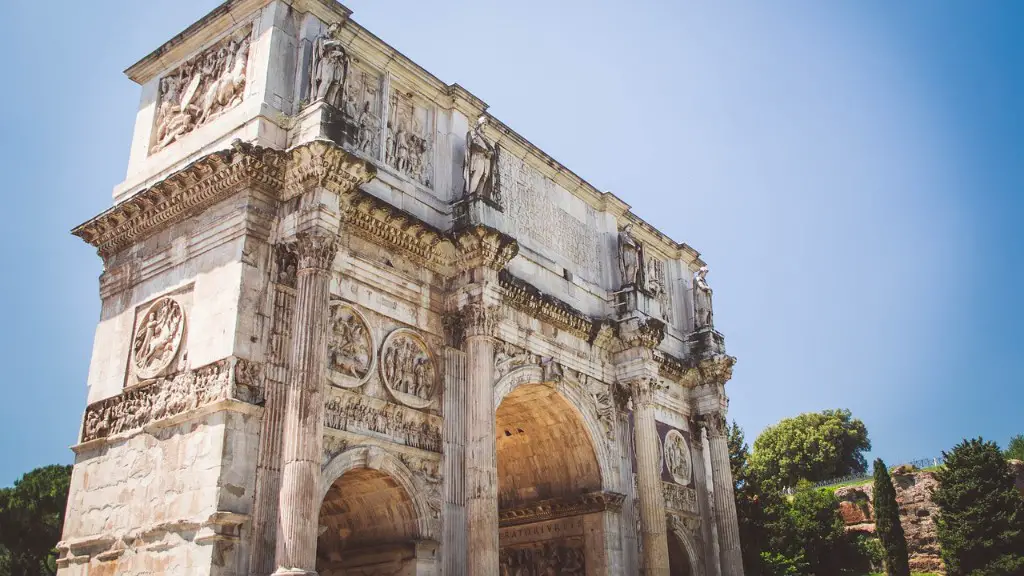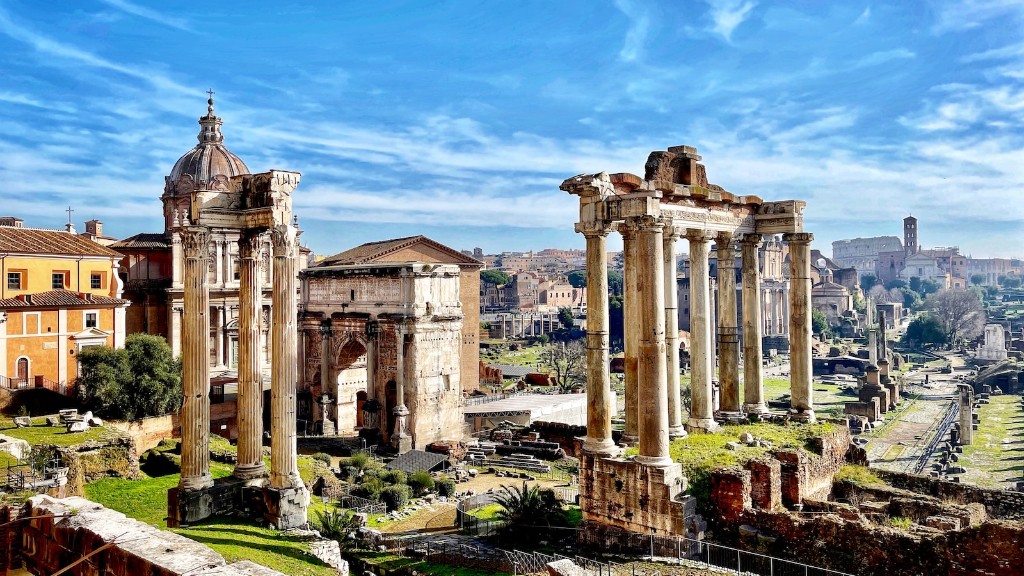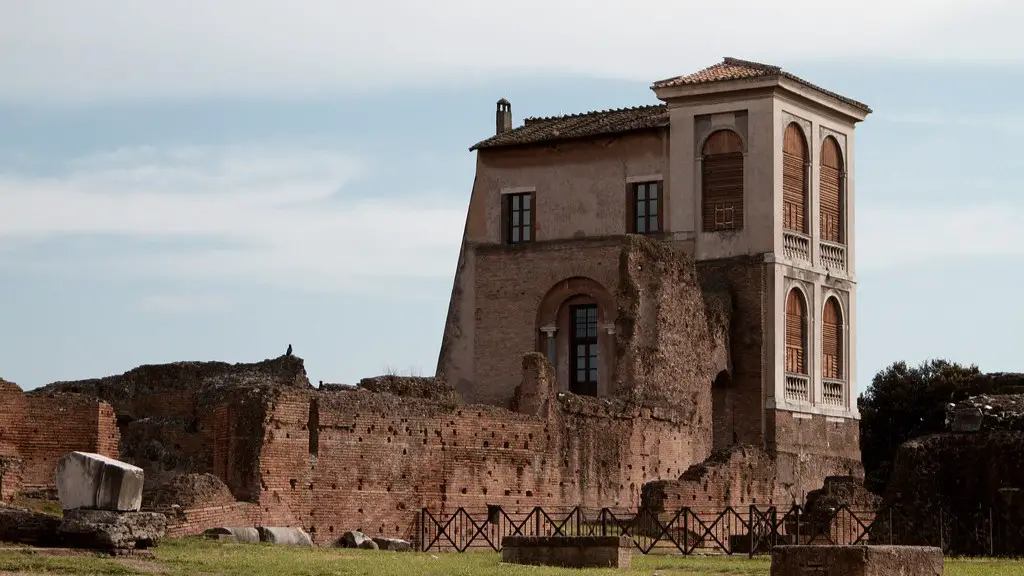Patricians and Plebeians
Ancient Rome was founded on two social classes that are popularly known as patricians and plebeians. The wealthiest and most powerful social class of the ancient Roman society was the Patricians. This upper-class was initially made up of the politically powerful families, known as the gens, from whom a major portion of the governing ancestral of the Roman Republic was derived.
The Patricians held sway over the way that Ancient Roman society was structured and experienced its share of exclusive rights. This upper-class controlled most of the Roman government and curated their own exclusive social clubs and gatherings. In Ancient Rome, land occupation, business and other opportunities were usually allocated to patricians.
In contrast, the Plebeians were the lower-class, common people of Ancient Rome who were excluded from important aspects of Roman life, such as political and social advancement. In many situations, the plebeians were ignored or underestimated. They were often left out of decisions that would drive the socio-political development of Rome.
Although the plebeians had limited significance and inclusivity in Ancient Rome, they still had an important role and were considered an integral part of Roman society. A good example of this is seen in the importance of the Plebeian Council, which was one of the three elements of the Roman Republic. In the council, plebeians had the power to pass laws and hold officials accountable. This was one of the few political advances that allowed plebeians to experience limited but essential stability in the face of grave discrimination.
Much of the social, political and economic power in Ancient Rome resided solely with the patrician class. This resulted in a clear division between the patricians and plebeians, with the latter being excluded from important aspects of Roman life. Although the patrician and plebeian classes were fundamentally divided during that era in history and wielded different kinds of influence, they were still united in a complex socio-political and economic system.
The Conflict Between Patricians and Plebeians
The conflict between patricians and plebeians was one of the major social issues of Ancient Rome. This conflict persisted from the early days of the Roman Republic (5th century BCE) and remained a political and social issue throughout the late Roman period (4th century CE). The Plebeians felt that they were not given the privilege and respect that patricians enjoyed.
It was only in the late 4th century BCE that the Roman Governor, Lucius Sextius, introduced the Lex Hortensia which declared that the decrees (or laws) of the Plebeian Council were binding to both patricians and plebeians. This marked the end of plebeian oppression, as the plebeians, through their council, could now enact laws and make demands that were applicable to all.
Prior to the Lex Hortensia, plebeians were often denied access to important political offices and other prestigious roles. Coupled with the lack of economic stability and socio-political advancement, plebeians felt further disempowered and frustrated. This was seen in their demands for a fairer and more inclusive society, which the patricians eventually negotiated and ratified in order to end the political and social turmoil.
Thus, the Lex Hortensia marked an unprecedented shift in Ancient Roman society – an essential wedge in the structural division between patricians and plebeians.
The Impact of Patricians and Plebeians
Patricians and plebeians impacted the social, political and economic systems of Ancient Rome in many ways. This was primarily due to their underlying inequality, which resulted in a wide-ranging disparity between their respective incomes and social standing.
The patricians were able to access key political offices and create financial opportunities for their social and economic development. This allowed them to gain successful positions in the Roman government, to own vast chunks of land and also to successfully conducted business across the Roman provinces.
In contrast, the plebeians did not have access to vital political appointments and were thus unable to enjoy the benefits of a financially strong society. Given the corruption in the Roman Republic, plebeians were further disempowered and unable to accumulate economic assets.
Furthermore, plebeians lacked the basic educational infrastructure and legal protection that patricians had acquired. This deferred disadvantage relegated them even further to the back seat of Roman society and made it difficult for them to compete on the same level.
The Legacy of Patricians and Plebeians
Patricians and plebeians left a lasting economic, social and political legacy in Ancient Rome. One of the most significant legacies of the patricians was their commitment to the Latin language, which was seen in the Latin literature they created and their use of Latin in other forms of communication.
The plebeians, on the other hand, were considered to be the backbone of Roman society and were responsible for Rome’s success in military affairs. The plebeians were also renowned for their remarkable Roman engineering and agricultural capabilities, which gave them an advantageous edge in terms of development and growth.
Furthermore, the struggle between patricians and plebeians provided the foundation for later Roman civil law. As a result of the Lex Hortensia, the governing laws of Rome and many other countries emerged from the equal up-right status of both patrician and plebeian classes.
Overall, both the patricians and plebeians of Ancient Rome made unprecedented contributions to the development of Roman society. Although differences in power and social standing existed between these two social classes, they still worked together in a complex socio-political web to shape the development of Roman Empire.
The Impact of Roman Expansion and Romanization
The rise of the Roman Republic was closely tied to the expansion of their empire beyond the borders of Italy. This expansion, or Romanization, was the process of incorporating foreign territories under the control of the Roman Republic and introducing the language, culture and way of life of the Romans to diverse parts of Europe and the Mediterranean.
Roman expansion transformed the economic, political and social systems of the region, leading to an even bigger divide between the patricians and plebeians. The inequality between these two social classes became even more apparent in Roman-controlled territories, as the plebeians had very limited access to political office, business and other opportunities.
Meanwhile, the patricians were able to amass huge sums of wealth and influence in the process of Romanization, which allowed them to climb the social and political hierarchy with ease. This further increased the wealth gap between the patrician and plebeian classes, making it difficult for the plebeians to compete on an even stage.
The impact of Roman expansion on the two social classes of Ancient Rome was immense, as it shaped the way in which the Roman Republic was formed and developed. This had a huge impact on the history and legacy of the Roman Empire, and it is due to the efforts of both patricians and plebeians that the Roman Republic achieved its status as a superpower in the ancient world.
The Ability to Influence Society
The ability to influence society was almost exclusively held by the patricians of Ancient Rome. This was due to their powerful grip on the political and economic systems of the time, and their ability to amass immense sums of wealth. To this day, patricians are remembered for their prestigious position in the Roman Republic, which enabled them to shape the region’s political and social development.
In comparison, the plebeians had very little influence in society, with their main achievement being the introduction of the Lex Hortensia, which granted them access to the Plebeian Council and allowed them to make laws that were applicable to all. Despite their limited success in influencing the Roman Republic, plebeians remain remembered for their strength and resilience, which were displayed in their continuous struggle for fairness and justice.
Both patricians and plebeians were robust and effective in their own unique way, and it is due to their work and effort that the Roman Empire achieved its place in history. Their contributions to the shaping of Ancient Rome’s political, economic and social systems are invaluable, and their legacy remains relevant to this day.
Impact on Modern Society
The legacy of patricians and plebeians of Ancient Rome is still pervasive in modern day society. The influence of the Roman Republic is still evident in the legal and political systems of today, which owe much of their development to Roman law.
The stories and legacies of both patricians and plebeians have a major impact on our culture, and their struggles are recognized and remembered in many parts of the world. Their work in shaping the Roman Republic and building a fair and just society for all is an essential part of history, and it has left a lasting impression on our culture and values.
The legacy of Ancient Rome has formed the basis for many of today’s values, laws and systems. As we continue to look to the past for lessons and inspiration, the importance of patricians and plebeians of Ancient Rome in the formation of our society cannot be overstated.





